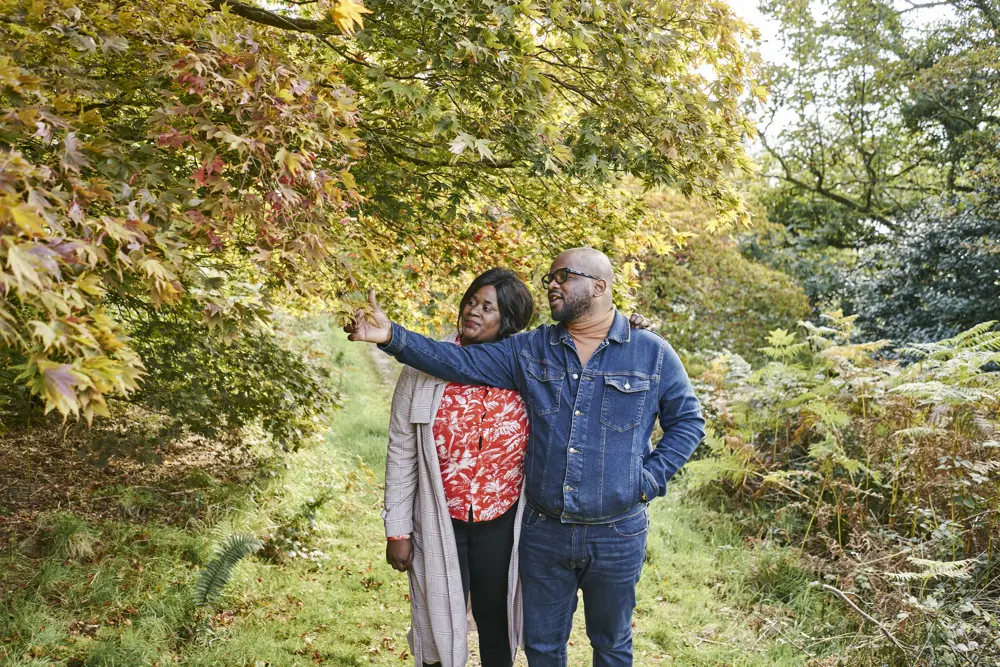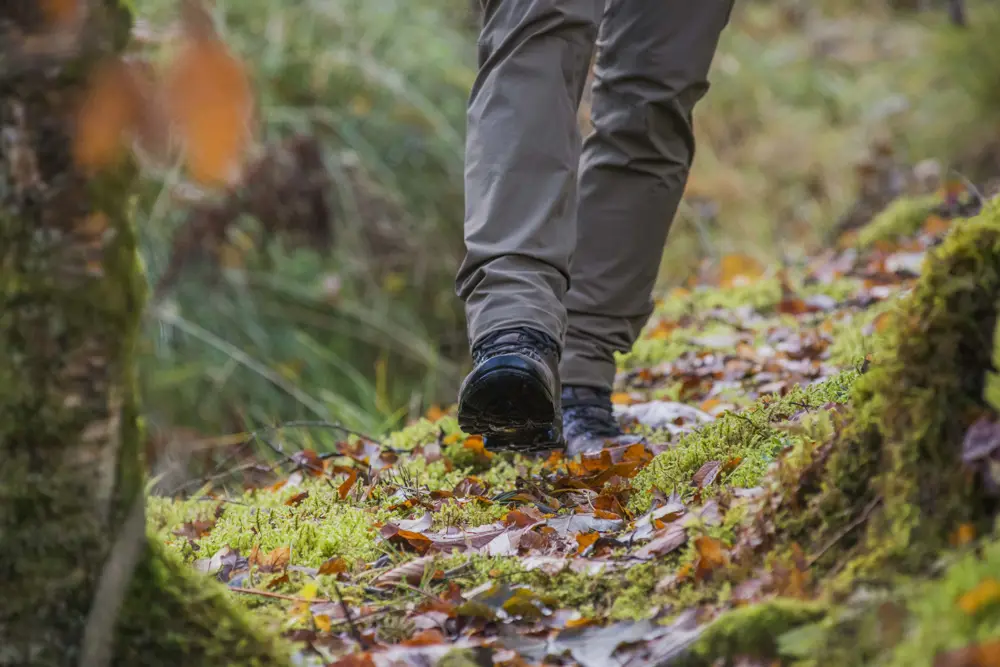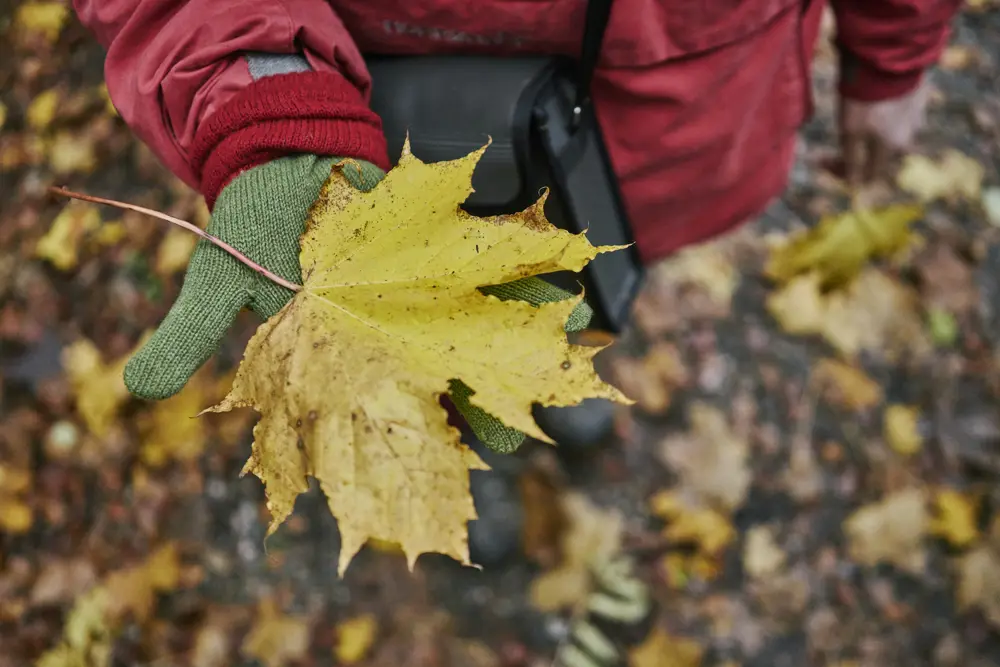Biosecurity and you

What is Biosecurity?
You may have come across the term 'Biosecurity' - this covers everything a forest worker, machine operator or visitor to our forests and land can do to stop the introduction and spread of harmful organisms, like the deadly tree disease p.ramorum (larch disease); non-native tree pests like oak processionary moth, or disease-causing organisms such as the fungus that causes ash dieback.
Our internal guidance for staff and contractors explains how to clean machinery, equipment and other gear. For any other visitor to the woods, understanding and following simple biosecurity measures is easy. There are little things we can all do to slow the spread of anything harmful, and help keep our forests healthy and beautiful.
Can you help us protect Scotland's forests?

A trip to the forest is something everyone can enjoy, whether you’re on two legs, two wheels or four paws. The forest is a place where we can relax, discover and play. It is a special place, and we need your help to keep it that way. The actions you need to take depend on the activities or work you plan to do in the forest. The first and most important thing is to keep it clean!
Your biosecurity kit
- Brush
- Hand sanitiser
- Water container or large re-used plastic bottle
Boots and shoes
The fungi, bacteria and insects that live in soil and organic materials and can be easily transported on your boots, so it’s vital that you give them a clean before and after your visit.
Knock dirty boots together to get rid of any dirt. Teach children about the importance of arriving in the forest with clean boots or cleaning up before they leave, and help them set good habits to last a lifetime.
Bikes and tyres

Clean your bike tyres thoroughly before and after each session on the forest trails. Arriving in the forest with clean tyres can prevent the spread of tree diseases, and it keeps your bike in pristine condition too.
It can be easy to forget to use the bike wash station there before you head off home if you’re coming down from the exhilaration of a thrilling mountain biking session at Glentress, but it is absolutely vital that you take the time, and help us keep those trails beautiful.
Dogs and animals
The advice here is nice and simple - wipe those paws! If you're planning lots of walkies, it's a good idea to make sure your pooch is clean before you arrive at your next destination. Give your dog a good clean with a towel and try to get rid of as much dirt as you can before you leave one forest and head to another.
Forest souvenirs

Tempting as it is to take a pretty leaf or lovely acorn home with you as a memento of your day, anything organic is best left in the forest. If possible, don’t take it home, and risk contaminating yourself, your clothes, or the trees and plants in your area.
I've seen a tree that looks unhealthy. What should I do?
You can find more information on Scottish Forestry's plant and tree heath pages.
Thanks for helping us to keep Scotland’s forest beautiful!
Got to the end of your visit and forgotten your biosecurity kit? Don't panic. Just make sure you clean everything before your next trip. The spores that infect trees can live for a very long time, so even if it’s been months since you were last out in the woods, it’s always best to check your kit is clean before you head out. Got any questions? Check out our helpful FAQ page.
In the midst of the ongoing climate emergency, strict biosecurity rules will soon become the norm. While people who work in the forests are at greater risk of spreading contamination, the public can definitely play their part and make a difference.
Remember, pests and diseases can be moved from site to site in soil, water, live plants and other organic material. Biosecurity helps reduce the risk of spread, and any action you can take contributes towards reducing those risks.
Keeping it clean really is that simple. You may be wondering what real difference you can actually make - but if we all take small steps together now, we’re taking big steps toward keeping Scotland’s forests in good condition for generations to come.